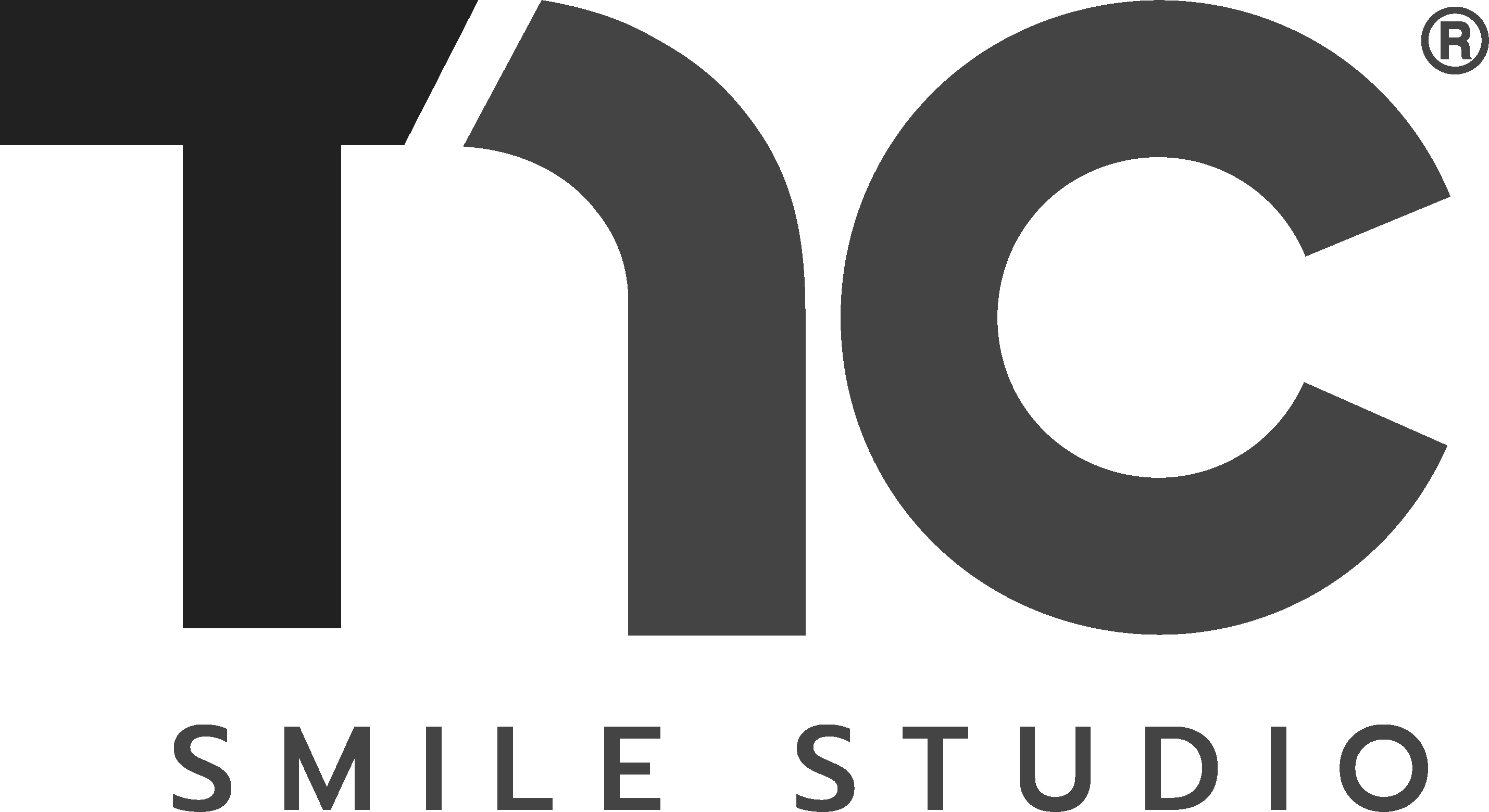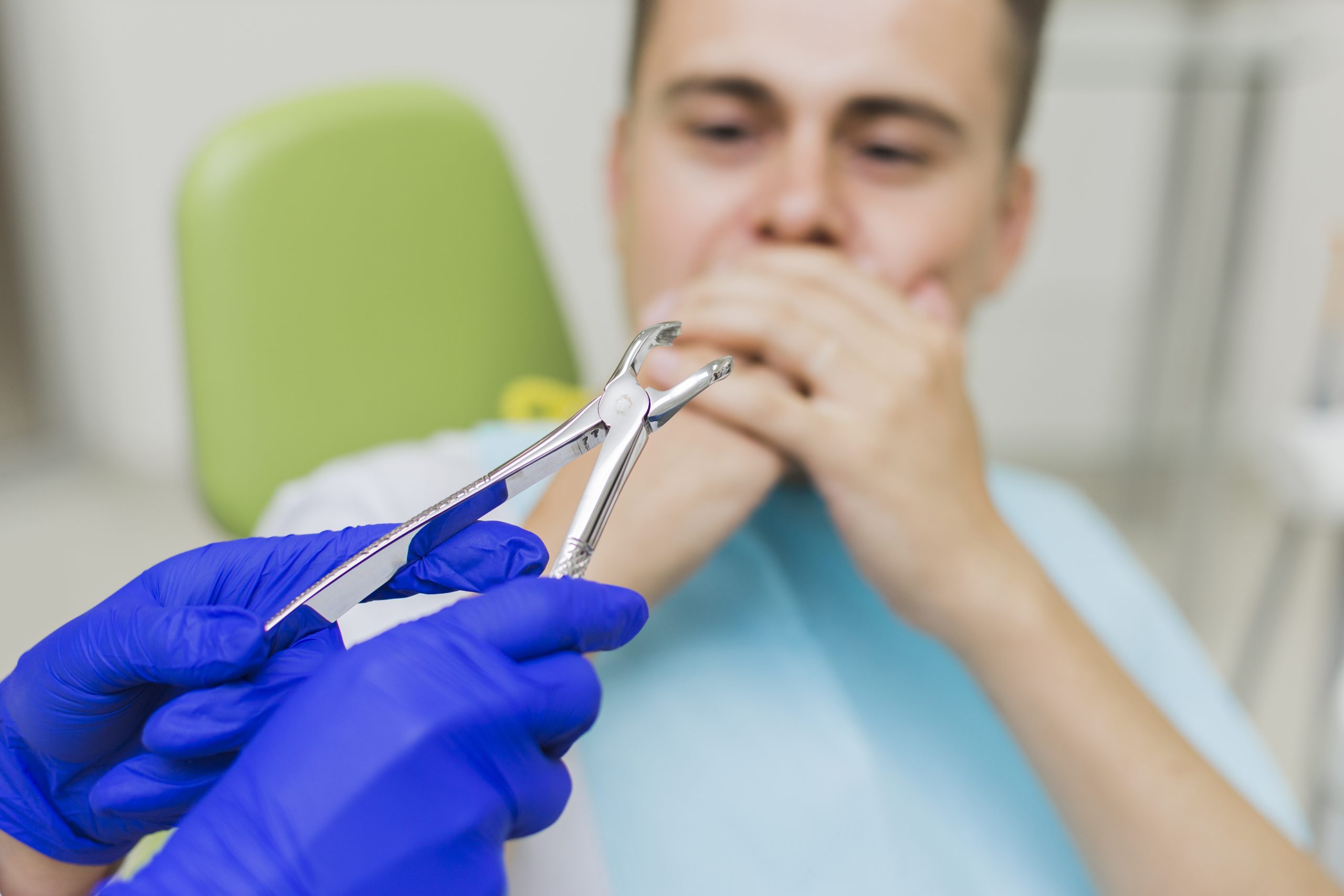Tooth extraction may sometimes be an unavoidable procedure for our oral and dental health. However, when performed at the right time and in the correct manner, potential complications can be minimized. In this article, we will discuss when tooth extraction is necessary and what to pay attention to before and after the procedure.
When is Tooth Extraction Necessary?
Tooth extraction is sometimes essential to maintain oral and dental health. Dentists typically recommend extraction in the following situations:
- Severe Cavities: Deep and untreatable cavities can damage the internal structure of the tooth, leading to infection and pain.
- Advanced Gum Disease (Periodontitis): Gum diseases can harm the bone and tissues that support the teeth, potentially causing them to loosen.
- Crowding: In orthodontic treatment (braces), some teeth may need to be extracted to create sufficient space in the mouth.
- Cracked or Broken Teeth: Severely cracked or broken teeth may be beyond repair.
- Impacted Teeth: Especially wisdom teeth (third molars) can become impacted, leading to pain, infection, or pressure on other teeth.
- Abscess: Infections at the root of the tooth (abscess) can cause severe pain and swelling. If antibiotic treatment and root canal therapy are ineffective, extraction may be necessary.
- Dental Trauma: Teeth severely damaged from accidents or injuries may need to be extracted.
- Preparation for Prosthetics: Extraction may be necessary to create sufficient space for certain types of dentures.
The decision to extract a tooth is made by your dentist following a thorough examination and assessment. Since each patient’s situation is different, the necessity for extraction is evaluated on a case-by-case basis.
What to Consider Before Tooth Extraction?
Taking precautions before tooth extraction is crucial for the procedure to go smoothly and for a faster recovery process.
- Share Your Medical History: Inform your dentist of any chronic illnesses, allergies, or medications you are taking. This is especially important for conditions like heart disease, diabetes, high blood pressure, artificial joints, or bleeding disorders.
- Consult Your Doctor if Using Blood Thinners: Blood-thinning medications can increase the risk of bleeding after extraction. Therefore, consult your doctor before the procedure and adjust medication doses if necessary.
- Avoid Smoking Before and After Extraction: Smoking can negatively affect the healing process and increase the risk of infection. It is advisable not to smoke for at least a few hours before and after the extraction.
- Eat Something Before the Extraction: You may not be able to eat for a while after the extraction, so it’s advisable to have a light meal beforehand. However, avoid heavy or fatty foods.
- Inform About Pregnancy or Nursing: If you are pregnant or nursing, inform your dentist, as this may require changes in medication or anesthesia types.
By taking these precautions, you can help ensure a more comfortable and problem-free tooth extraction.
What to Consider After Tooth Extraction?
Post-extraction care is crucial for a healthy and swift recovery and to prevent potential complications.
First 24 Hours:
- Bite Down on Gauze: To help stop bleeding, bite down firmly on the gauze your dentist provided for at least 30-45 minutes. Avoid changing the gauze frequently, as this can disrupt clot formation.
- Apply Cold Compress: To reduce swelling and pain, you can apply a cold compress to the extraction area for 20-minute intervals during the first 24 hours.
- Rest: It is essential to rest and avoid heavy physical activities on the first day after extraction.
- Avoid Hot Foods and Beverages: For the first few days after extraction, avoid hot foods and drinks. Opt for lukewarm or cold items.
- Do Not Rinse Your Mouth: For the first 24 hours, do not rinse your mouth or spit. This can dislodge the blood clot and delay healing.
- Avoid Using Straws: Using a straw can create suction, dislodging the blood clot. Therefore, avoid straws.
During the Recovery Process:
- Be Gentle While Brushing: Be cautious when brushing teeth near the extraction site, following your dentist’s recommended technique.
- Attend Follow-Up Appointments: Make sure to attend any follow-up appointments set by your dentist to monitor the healing process.
- Consume Soft Foods: For the first few days after extraction, consume soft foods such as soup, yogurt, and puree.
- Rinse with Salt Water: After 24 hours, you may gently rinse your mouth with warm salt water. This can help speed up recovery and reduce the risk of infection.
By adhering to these recommendations, you can have a smoother and more comfortable recovery process after tooth extraction and prevent potential complications.


